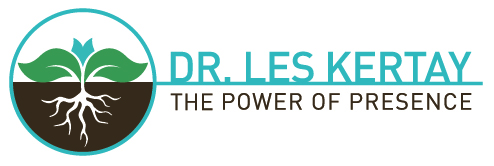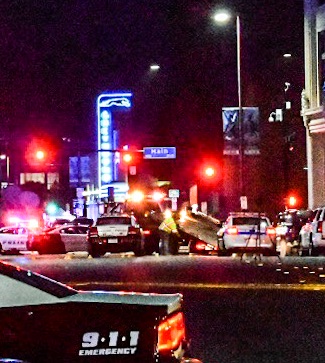 Last night, Dallas still looked, and felt, like a war zone. Everywhere people looked as though they were still in shock. I realized that wherever a mass shooting has happened, I hear some version of this: “I didn’t think it could happen here.” That seems the crux of it. The greatest violence done by a mass shooter is to our collective illusion of safety, and to our sense of hope. If that isn’t a definition of terrorism, then it’s a damn good substitute.
Last night, Dallas still looked, and felt, like a war zone. Everywhere people looked as though they were still in shock. I realized that wherever a mass shooting has happened, I hear some version of this: “I didn’t think it could happen here.” That seems the crux of it. The greatest violence done by a mass shooter is to our collective illusion of safety, and to our sense of hope. If that isn’t a definition of terrorism, then it’s a damn good substitute.
This morning, the first person I talked with was a manager for the location where I’m available in response to the Dallas shootings. As she showed me to the conference room where I am set up and talked about her staff’s reactions, I noticed she looked anxious, and her eyes were just a bit teary. When I asked her, “And how are you doing?” her face softened, I watched her shoulders come down a little, and she took a breath that she probably didn’t know she was holding. We didn’t talk but for a couple of minutes, but after just those couple of minutes, she looked better.
The lesson: simply asking how someone is doing may open a door, into which you can slip a bit of hope.
![]()
On Facebook this morning I read this story about a white policeman asking a black woman how she was doing, really. Her initial anxiety turned to a hopeful moment, for her, when he said “I guess it’s hard being either of us right now.” They shared a hug, and she cried. On LinkedIn I read this story about a young black woman in a heavily white-male-dominated field who this week, for the first time ever in her career, had someone at work acknowledge racial injustice and was asked how she was doing. She writes,
A white person.
Better yet, my boss.
At work.
Initiated a conversation with me about racial injustice in America.
She expressed outrage and disgust.
She asked if I was OK.
She offered to speak out.
She planned to take action.”
The lesson: simply asking how someone is doing may open a door, into which you can slip a bit of hope. Especially if you are willing to be present and acknowledge their experience.
![]()
And finally there’s this:
 Simply showing up and being with another human being who is being mistreated can make a difference, and you know when you read this that it’s spot on.
Simply showing up and being with another human being who is being mistreated can make a difference, and you know when you read this that it’s spot on.
The lesson: simply asking how someone is doing may open a door, into which you can slip a bit of hope. Especially if you are willing to be present and acknowledge their experience. And especially if you are willing to stand by their side.
![]()
If you’re like most of us, you don’t know what to do to make things better. Mass shootings and senseless killings of people of color (it’s not just black men) and international terrorism and general hatred have robbed us, not just of a sense of safety, but also of a sense of efficacy.
Don’t let the size of the problem make you believe there is nothing you can do. As Charles Blow of the NY Times said in “A Week From Hell,” these are soul-tests for our country, but we mustn’t believe that we can solve overnight a problem that was a very long time coming. This is not a time for platitudes that substitute a comforting lie for a difficult reality.
But neither is it a time to give in to helplessness.
We can show up for others, relentlessly. Unfailingly.
If you have a voice, use it for good (a shout out to my love, Maddie the BadAss Quilter, for her powerful stance in the face of criticism for daring to speak out for all those who are disenfranchised – see here – something she does every day).
For everyone else, remember this: simply asking how someone is doing may open a door, into which you can slip a bit of hope.
Show up. Dig in. Do the work.
Dr. Les Kertay




